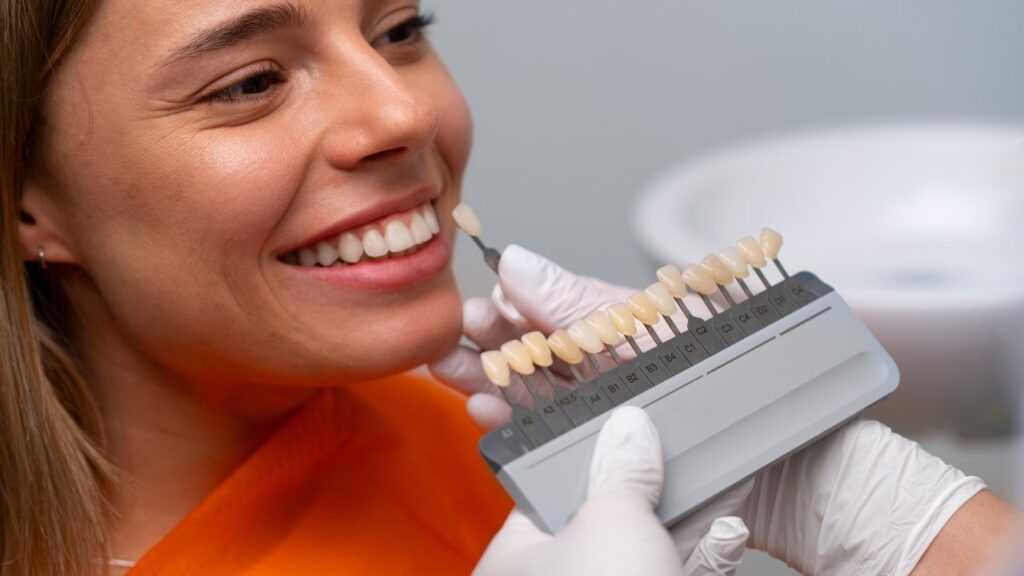
Dental implants in Harrisburg are a reliable form of replacing missing teeth. They are natural-looking, durable, and confidence-building. However, patients sometimes ask whether it is possible to use one implant to replace two missing teeth. It might seem like an economical shortcut, but it has severe risks. So what can go wrong, and what are safer alternatives? Let’s have a look.
The Role of Implants in Dental Health
An implant is designed to mimic the root of a single tooth. It is a support to one crown, giving stability and strength. When applied effectively, it safeguards the bone, maintains your bite, and matches the natural teeth.
However, when a single implant is expected to serve two teeth, then trouble can ensue.
What Can Go Wrong with One Implant Supporting Two Teeth
- Increased Failure Risks for Nearby Teeth
Research suggests that natural teeth adjacent to implants are more susceptible to damage. They are more likely to be lost than teeth that are further away. Causes include:
- Fractures of the root (45.2%)
- Tooth decay (28.9%)
- Gum disease (24.1%)
- Failure associated with the nerve (1.8%)
When a single implant needs to support two crowns, it will apply additional load on the neighboring teeth. This may wear them out or break them over time.
- Overloading and Biomechanical Stress
A single implant is not created to support the load of two teeth. The greater the chewing forces, the more likely they are to damage the implant and/or the bone. This may cause bone loss to the implant or even instability of the implant.
- Weakened Bones
Implants must have solid bone to be stable. An implant that is more overlapped than it should be can be adjusted in softer or grafted bone. Poor quality of bones also reduces the chances of long-term success.
- Increased Risk of Peri-Implantitis
It is more challenging to clean around an implant supporting two teeth. Food and bacteria can accumulate in hard-to-reach areas. This, in the long term, subjects the implant to the threat of peri-implantitis and infection, which threatens the integrity of the implant.
- Surgical and Placement Issues
To support two teeth with one implant, the implant must be placed at the best angle and position. Any slight mistake in the surgery can lead to the inability to fuse with the bone, nerve problems, or breakdown in the chewing mechanism.
Alternatives That Protect Your Smile
- Two implants for two teeth: The most reliable option. The implants support one crown each and equally distribute the load.
- Dental bridge: In some cases, a bridge may be effective, particularly when there is poor bone quality.
- Personalized treatment: Your dentist can assess your jawbone and bite to prescribe the safest course of action.
Why Local Expertise Matters
Planning and experience are the keys to successful implants. A Harrisburg emergency dentist familiar with your oral health history can develop a treatment plan tailored to achieve long-term success. Individualized care will reduce risks and help to preserve your implants and natural teeth.
It might seem convenient to use one implant to install two teeth, but it increases the risk of failure, stress, and infection. Better options are available that will safeguard your teeth well into the future. To learn more about implants, call Icard & Strein Family Dentistry of Harrisburg, NC, to schedule a consultation. Making the right decision today can save you time and money tomorrow.



